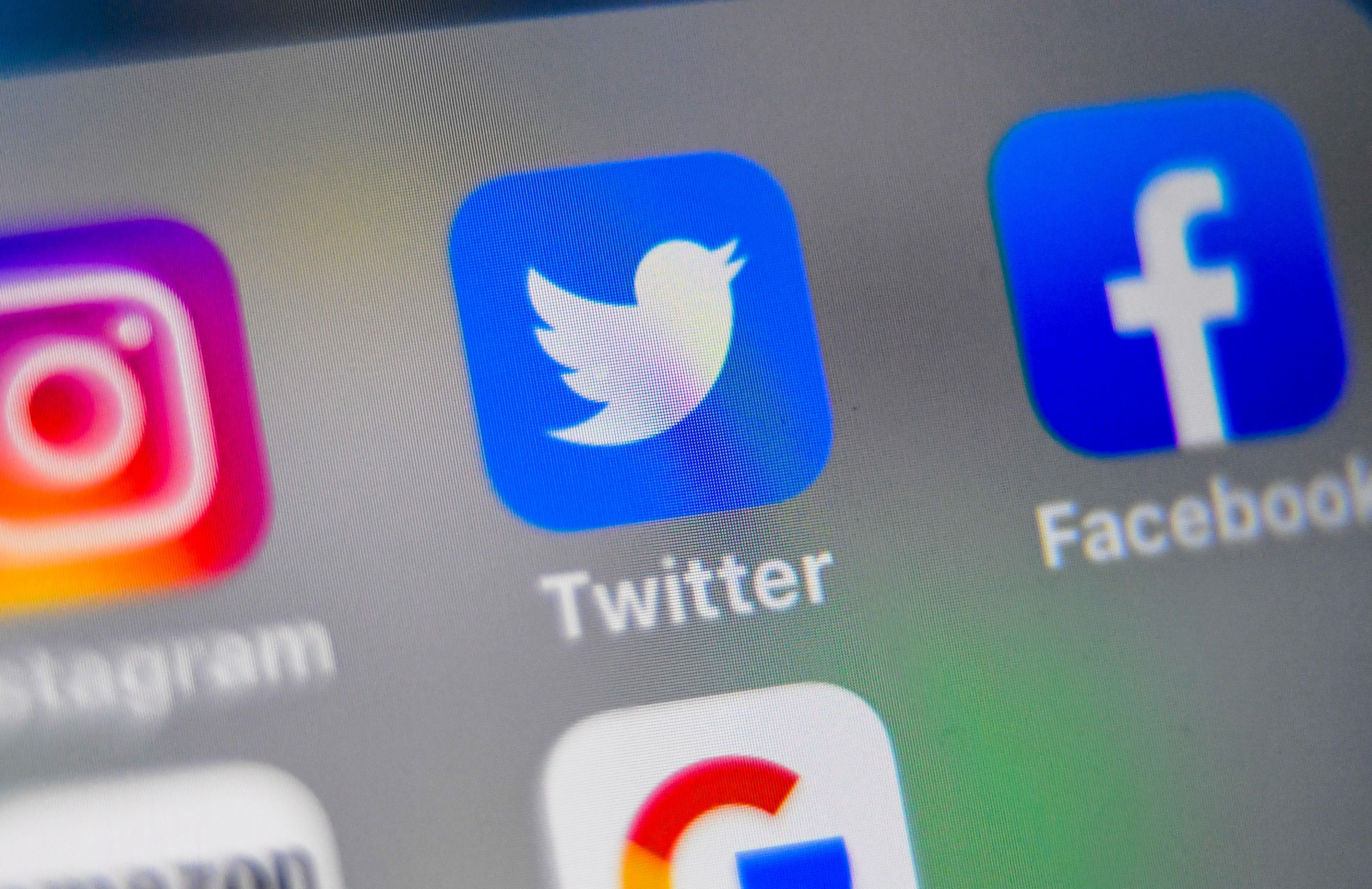US judge blocks Florida law that would penalise social media companies
‘The court’s ruling is a win for internet users and the First Amendment’

Your support helps us to tell the story
From reproductive rights to climate change to Big Tech, The Independent is on the ground when the story is developing. Whether it's investigating the financials of Elon Musk's pro-Trump PAC or producing our latest documentary, 'The A Word', which shines a light on the American women fighting for reproductive rights, we know how important it is to parse out the facts from the messaging.
At such a critical moment in US history, we need reporters on the ground. Your donation allows us to keep sending journalists to speak to both sides of the story.
The Independent is trusted by Americans across the entire political spectrum. And unlike many other quality news outlets, we choose not to lock Americans out of our reporting and analysis with paywalls. We believe quality journalism should be available to everyone, paid for by those who can afford it.
Your support makes all the difference.A federal judge blocked a Florida law that would penalise social media companies for blocking a politician’s posts, a blow to conservatives’ efforts to respond to Facebook and other websites’ suspension of former president Donald Trump.
The law was due to go into effect on Thursday, but in issuing a preliminary injunction, US District Judge Robert Hinkle of the Northern District of Florida suggested that the law would be found unconstitutional.
“The plaintiffs are likely to prevail on the merits of their claim that these statutes violate the First Amendment,” Mr Hinkle wrote on Wednesday. “There is nothing that could be severed and survive.”
The law laid out fines for tech companies that suspended political candidates in the run-up to an election.
Florida legislators approved the law after Facebook, Twitter and YouTube suspended Mr Trump’s accounts for violating their policies following the 6 January attack on the US Capitol. Florida Governor Ron DeSantis, a potential 2024 presidential candidate and key ally of Mr Trump, touted the law as a stand against alleged censorship of conservatives when he signed it in May.
But legal experts and tech experts immediately questioned the constitutionality of the law. Netchoice and the Computer & Communications Industry Association, which represent companies including Facebook, Google and Amazon, swiftly brought a lawsuit challenging it.
“This decision upholding the Constitution and federal law is encouraging, and reaffirms what we have been saying: Florida’s statute is an extraordinary overreach, designed to penalise private businesses for their perceived lack of deference to the government’s political ideology,” CCIA President Matt S said in a statement. “The court’s ruling is a win for internet users and the First Amendment.”
The judge wrote a blistering criticism of the Florida law, saying that it “compels providers to host speech that violates their standards.”
“Like prior First Amendment restrictions, this is an instance of burning the house to roast a pig,” he wrote.
He also said that remarks from the governor and other lawmakers made clear that the law was “viewpoint-based,” and said that there was “substantial factual support” that the lawsuit was motivated by hostility directed at perceived liberal bias of large tech firms.
The decision on the Florida law comes as states across the country have been considering their own similar bills, as Democrats remain in control of efforts to regulate the tech industry in Washington.
The Texas Senate has approved legislation similar to Florida’s that would prevent large tech companies from blocking or discriminating against a user based on their viewpoint or their location within Texas. Republican Governor Greg Abbott has expressed support for that bill. North Carolina and Louisiana state lawmakers have introduced similar bills.
The Washington Post
Join our commenting forum
Join thought-provoking conversations, follow other Independent readers and see their replies
Comments